SOS – Are Boomers To Blame For The Shipping And Supply Chain Crisis?
Rouge waves and rough waters are ahead for shipping, globalization, and logistics but are boomers to blame for our woes? Captain John Konrad says yes.
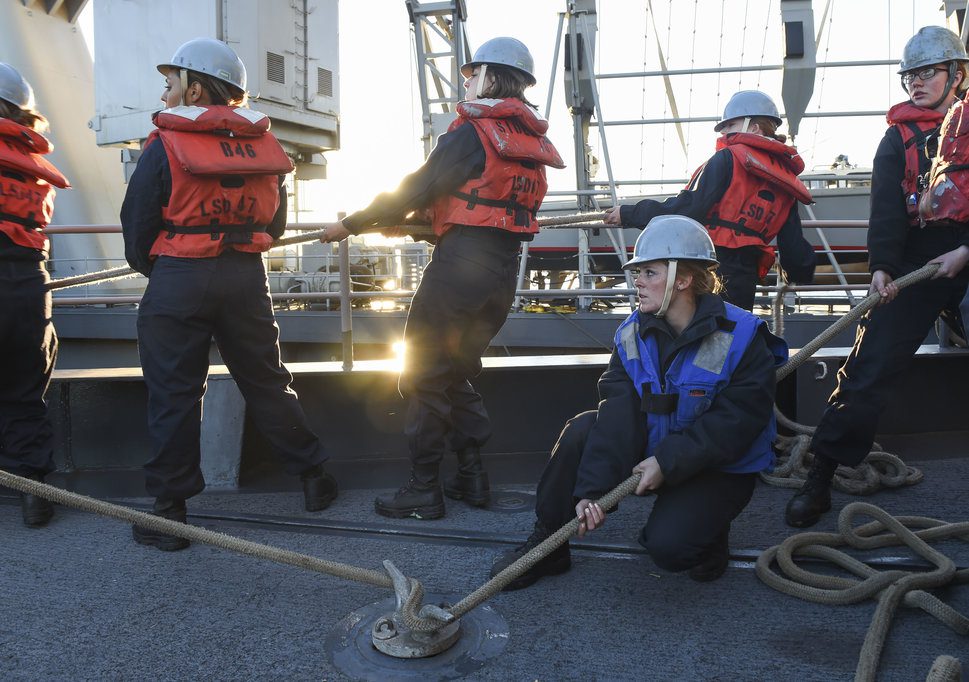
Sailors aboard the amphibious dock landing ship USS Rushmore man lines to recover a safety boat.
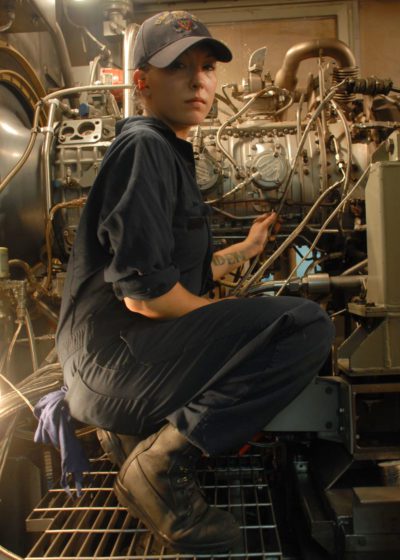
The United Nation’s has declared the month of March as International Women’s Month so it seemed right to review the subject of women in marine transportation for this column.
The IMO estimates there are about 1.2 Million seafarers crewing vessels on the ocean trades. Arguably one of the world’s most culturally diverse occupations with people from most nations and walks of life working side by side, a remarkable fact. Equally remarkable is how few women make up that culturally diverse workforce.
According to the likes of the “Australian Journal of Maritime & Ocean Affairs” consensus seems to be about 24,000 or 2% of the 1.2 million seafarers are women. A large portion (20%) of the 24,000 are sailing on cruise ships to which the cruise industry deserves credit. The American oil majors should also be acknowledged for gender diversity efforts on US Flag tank ships for women.
[su_quote]Gender Diversity has not occurred in significant numbers at the senior officer level.[/su_quote]
Although gender diversity has long been championed to some measurable degree, in the maritime education community (Academy’s, Nautical Schools, etc), it has not occurred in significant numbers at the senior officer level in marine transportation. Unfortunately, that is telling and most certainly disheartening to women in the maritime industry.
So what’s happening?
Cultural and practical barriers are one likely reason. An example? How accepting are we of women rising to command level who also want to be mothers? What mechanisms are structurally in place supporting that? What barriers? How do women themselves feel about this issue? What about real societal barriers regarding women in command at sea? What about support networks for women seafarers?
I would venture to guess that unconscious bias may be so ingrained in marine transportation that many of my male colleagues would wonder, why bother with this discussion?
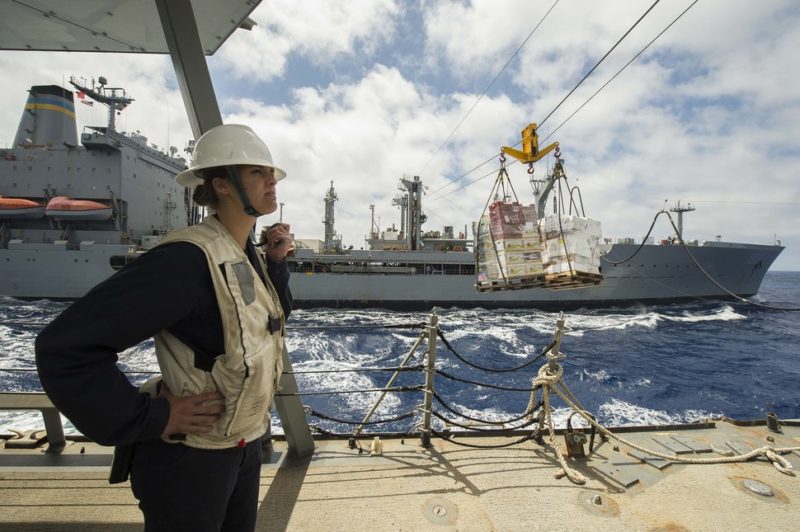
Let’s answer with a story recently published in the American publication Maritime Executive – MarEx 2017-02-28“Women have fought in every U.S. war since the American Revolution, and it was no different during World War II. American women took their place beside men and children in defense plants manufacturing supplies for the war effort. Women also served in the U.S. military and in the U.S. Merchant Marine,” one such woman was Sadie Carrie Horton. The article goes on to explain how this ordinary woman went to work on ocean barges towing up and down the east coast of the USA during WWII. It was very primitive and dangerous work for men or women with no electricity, no running water, and no bathroom conveniences all under threat of sinking by U-boat. Having spent nearly two decades towing on modern ocean-going tugs I can assure the reader it is not for the faint of heart, no matter gender. I consider myself fortunate to be witness to the first generation of women openly accepted into the Maritime Academies but decade’s later gender diversity in marine transportation remains problematic.
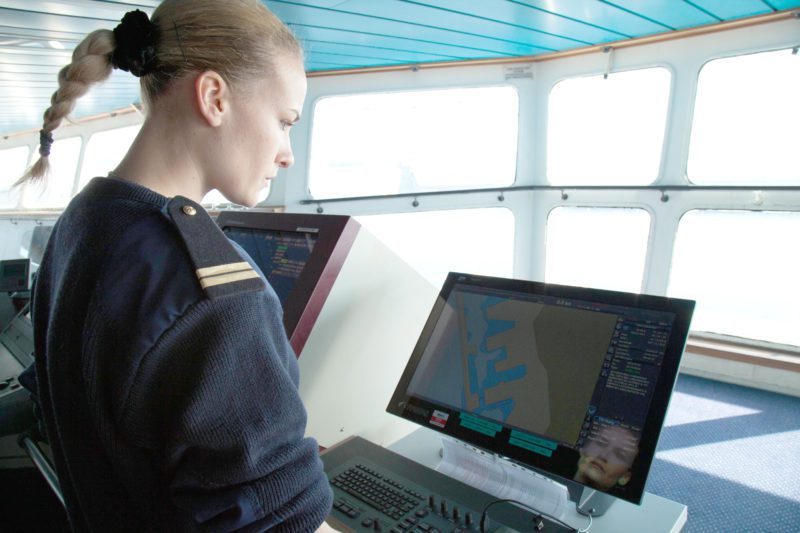
Nearly Three Quarters of a century ago, Sadie Horton performed an already difficult job under conditions that anyone would consider extreme. I have worked with and witnessed women colleagues in my career at sea performing the job at exceptional levels regardless of gender. Can we discard our unconscious biases about the capabilities of women in this male dominated industry? Sadie Horton was certainly on her own and still made it but what if she and women of her generation had outside support? Would there be more women in marine transportation?
[su_quote]Can we discard our unconscious biases about the capabilities of women?[/su_quote]
One such global organization exits for women seafarers today, Women’s International Shipping & Trading Association (WISTA). WISTA is a grass roots conceived organization founded in 1997 to establish networking, education and mentoring focuses for women in the maritime transportation business. There are active WISTA branches all over the world today doing real work in supporting women. There are more than 40 countries supporting national WISTA branches. Each branch provides in-country and regional networking, business and skill building opportunities and facilitating relationships with the industry. The idea of mentoring permeates throughout WISTA and is one of the key elements of what they do. Mentoring is a powerful tool, one that we should all embrace.
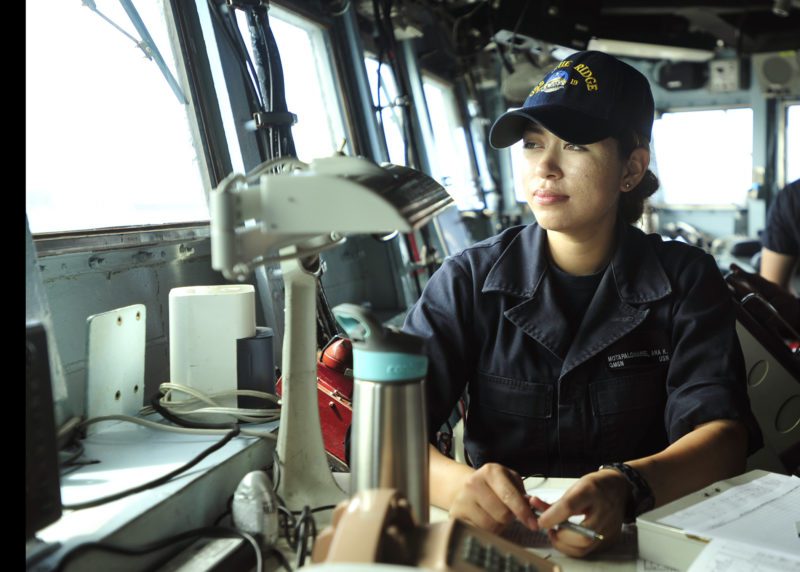
The real matter at hand involves diversity and what to do about it. Gender diversity is important because diversity is important, it is not just about gender. Webster defines diversity as follows “The quality or state of having many different forms, types, ideas, etc.” Diversity brings strength to an organization, maritime or otherwise, that’s why it matters. It makes the organization more competitive, profitable, and ultimately more successful. Smart maritime organizations should populate themselves with as wide a ranging and diverse group as is possible because it ultimately makes for a better organization.
The maritime industry is global in its outlook and seafarers make up what may be the most culturally diverse workforce on the planet. Why do we not take the next logical step to shed our unconscious biases and embrace gender diversity?

Sign up for gCaptain’s newsletter and never miss an update

Subscribe to gCaptain Daily and stay informed with the latest global maritime and offshore news
Essential news coupled with the finest maritime content sourced from across the globe.
Sign Up